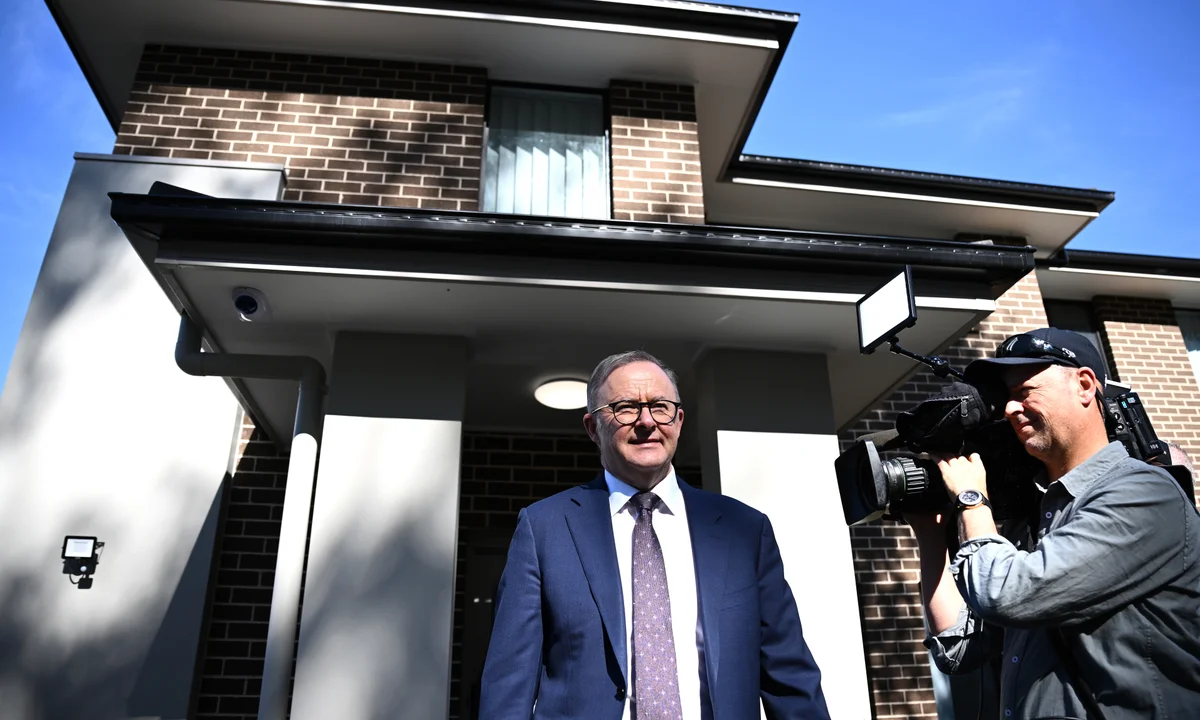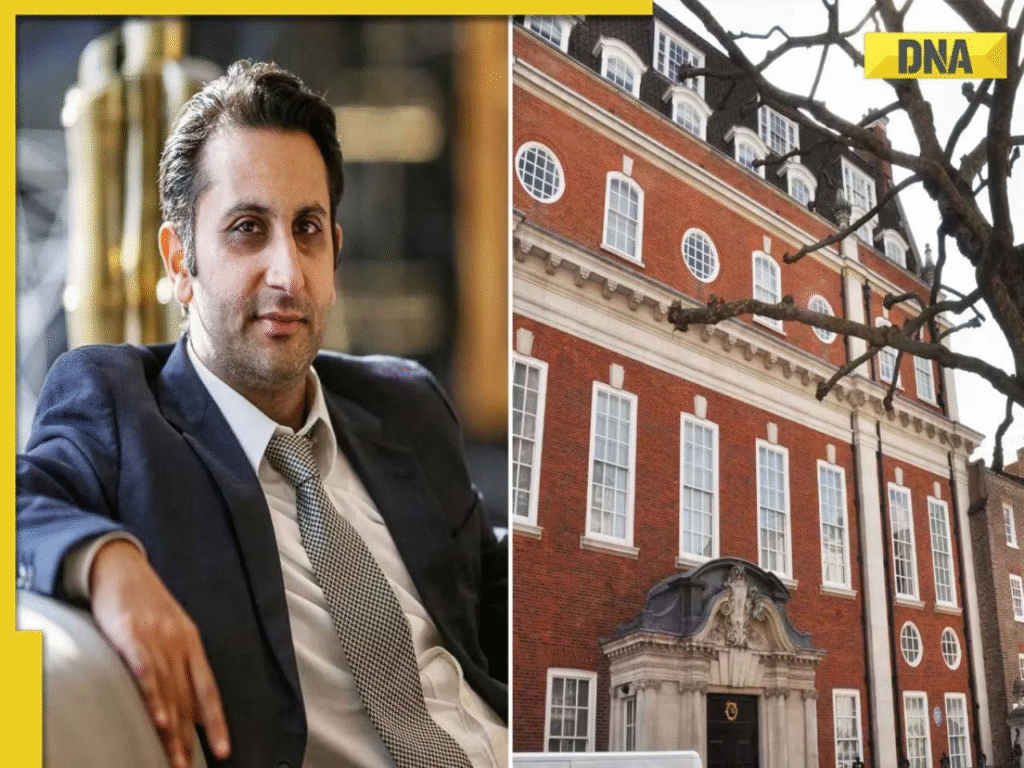Now Reading: How Buying Real Estate Can Shield You from Visa Chaos
-
01
How Buying Real Estate Can Shield You from Visa Chaos
How Buying Real Estate Can Shield You from Visa Chaos

In recent years, global visa policies have become less predictable. From political shifts to public health emergencies and economic reforms, governments are constantly adjusting their visa rules. These changes can affect where people are allowed to live, work, or travel, sometimes with little notice. In response, many high-net-worth individuals (HNWIs), digital nomads, and investors are turning to real estate as a hedge against this uncertainty.
The Visa Rollercoaster: Why Investors Are Wary

International mobility used to be relatively stable for professionals and investors. However, recent changes in immigration laws—such as the tightening of visa requirements in the U.S., UK, and parts of the EU—have caused many to rethink their global plans. For example:
- The UK’s removal of the Golden Visa scheme in 2022.
- The U.S. H-1B visa cap tightening and long processing times.
- Sudden pandemic-related travel bans that stranded citizens and residents abroad.
These events have shown that visas are not guaranteed, even for those with strong professional or financial backgrounds.
Why Real Estate Offers Stability

Buying real estate can offer a unique layer of security in uncertain times. Here’s how:
1. Golden Visa and Residency Programs
Many countries offer residency or even citizenship to foreign nationals who invest in real estate. Known as Golden Visa programs, these policies are especially popular in Europe, the Caribbean, and parts of Asia. For example:
- Portugal’s Golden Visa offers residency for a €500,000 property purchase.
- Greece allows residency with a €250,000 real estate investment.
- Turkey grants citizenship with a $400,000 real estate purchase.
These programs not only grant the right to live in the country but also often allow visa-free travel across the Schengen Area or other regions.
2. Dual Residency & Backup Plans
Owning real estate in another country can provide a “Plan B” if your current visa is revoked or if political instability arises. For example, during times of crisis—like Brexit or COVID-19 lockdowns—some investors and expatriates were able to relocate quickly to properties they owned abroad.
3. Passive Income Stream
Even if you don’t live in the property, real estate can serve as a source of passive income. In popular tourist or expat destinations, rental income can help offset visa fees, taxes, and other legal costs. This adds financial flexibility and makes it easier to adapt if a visa situation changes suddenly.
Countries Where Real Estate Acts as a Visa Hedge
Here are some top countries where real estate investment can help you secure residency or a second passport:
Portugal
With its attractive tax regime and lifestyle benefits, Portugal has become a top destination for global investors. Its Golden Visa program is known for quick processing and minimal residency requirements.
Spain
Spain offers a real estate-based Golden Visa for those investing €500,000 or more. The visa grants full family residency and can lead to citizenship after ten years.
United Arab Emirates (UAE)
Dubai’s property market has long been a magnet for international investors. In recent years, the UAE introduced long-term visas (up to 10 years) for property owners meeting certain investment thresholds.
Caribbean Nations
Countries like St. Kitts and Nevis, Dominica, and Antigua and Barbuda offer fast-track citizenship programs through real estate investments starting from $200,000.
Risks and Considerations
While real estate can offer a protective buffer, it’s not without risks. Here’s what to keep in mind:
1. Policy Changes
Just as visa rules can change, so can real estate-linked residency programs. Some governments may suspend or modify these offerings under political pressure or in response to housing crises.
2. Market Volatility
Real estate markets can go through ups and downs. Buying property purely for visa benefits without considering local market conditions can lead to financial losses.
3. Tax Implications
Cross-border property ownership can trigger tax obligations in both your home and host country. Always consult with legal and financial advisors before making such a move.
Who Should Consider Real Estate as a Hedge?
- Remote workers and digital nomads looking for long-term stability.
- Expats worried about visa renewal or expiration issues.
- Entrepreneurs and investors interested in second passports or multiple residencies.
- Retirees seeking peaceful, visa-free living options abroad.
If you fall into any of these categories, investing in real estate abroad can offer freedom, mobility, and security in a world where borders are becoming increasingly political.
Final Thoughts
As global visa policies continue to evolve, real estate has proven to be more than just a wealth-building tool. It offers peace of mind, international flexibility, and legal grounding in a world of changing rules. For globally minded individuals, buying property abroad is no longer just a luxury—it’s a smart strategy.
Whether you’re looking to protect your freedom to travel, secure a second home, or create a financial backup plan, real estate remains a solid hedge against global visa uncertainty.
Read More:- Shobha Realty Launches Its Most Luxurious Project Yet—Full Details Inside 2025






















